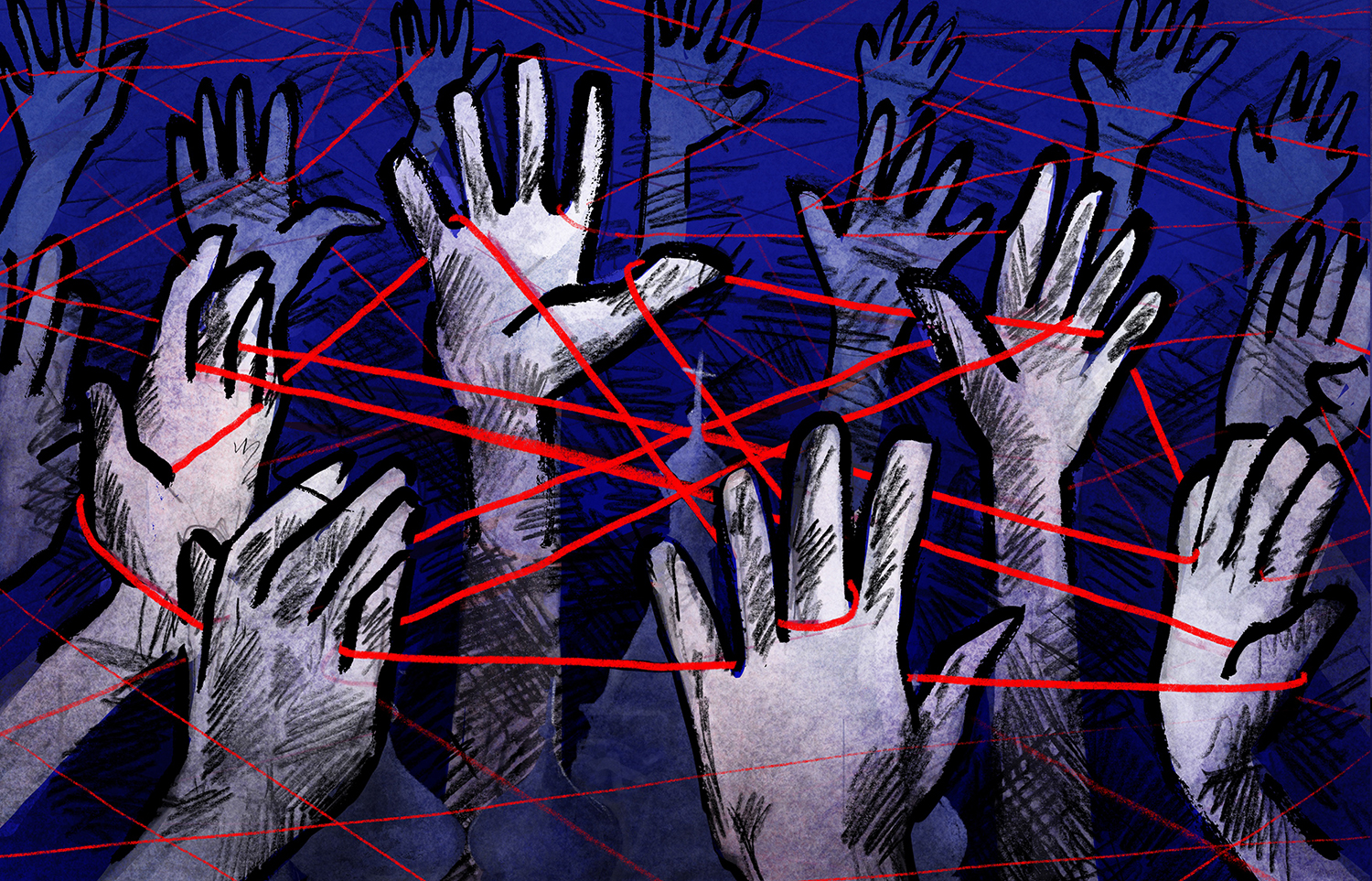An analysis by the Sofia-based Human and Social Studies Foundation identified 370 websites spreading Russian propaganda and disinformation, Euractiv wrote on June 20.
The research, presented last week in Sofia, indicated that the fast growth of the so-called "mushroom sites" is one of the causes of the rapid spread of Russian propaganda in the country.
Mushroom sites are online media websites created in bulk by malicious actors to spread propaganda and disinformation.
"In 2022, Russian propaganda spread powerfully in the Bulgarian online space. Compared to the previous year, 2021, by the end of 2022, it rose almost 20 times. Propaganda increased in two periods – at the beginning and the end of the year," Euractiv cited the analysis.
The disinformation activities started with a small network of pro-Russian content aggregators, spreading to at least 370 sites. This increases the reach of each message about 400 times, the analysis noted.
Aggregated news is gaining popularity in the country. By the end of 2022, all real media publications have dropped out from the top 10 highest-ranking sites, being supplanted by aggregators, the researchers said.
The analysis also notes high disinformation activity on social media, with at least 45,679 posts with more than 7.6 million interactions on Facebook.
As the most successful narratives, the researchers identified the claim that Bulgaria supports Ukraine only because it is dependent on its Western allies, that the West caused the war in Ukraine, and that Sofia's support for Kyiv will drag Bulgaria into the war.
Moscow uses information warfare tools, such as disinformation and propaganda, to undermine international support for Ukraine during the ongoing invasion.
According to an opinion poll in Bulgaria by ESTAT from October 2022, around 67.5% of respondents said that Bulgaria should take a neutral position towards the Russian war of aggression against Ukraine.
Around 16.3% believe that the country should support Ukraine, and 8.6% said it should support Russia.
While Bulgaria's President Rumen Radev has criticized sending weapons to Ukraine, media reports have indicated that the government has supplied arms via third-party countries.
The recently appointed cabinet showed interest in joining the EU's efforts to supply Ukraine with $2.2 billion worth of artillery shells.











